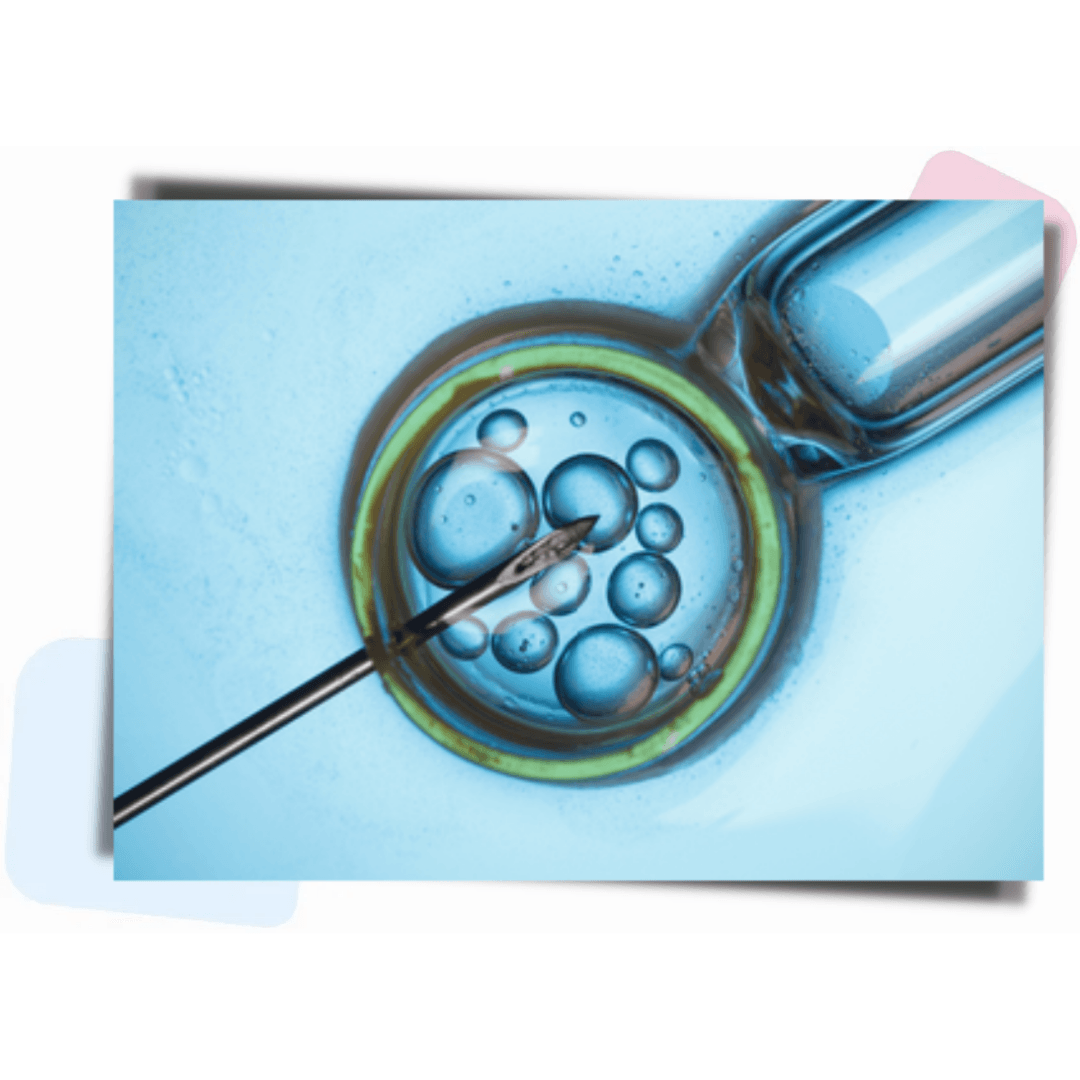Egg Donation Process

Egg donation is a fantastic opportunity for couples struggling with infertility problems more than 12 months after the unprotected sexual intercourse.
What is Egg Donation?
Egg donation is the process of assisted reproductive treatment where a woman donates eggs to enable another woman to conceive. Usually, this type of treatment involves In Vitro Fertilization technology with fresh or frozen eggs.
When Do Women Need Donor Eggs?
Egg donation can be helpful in a few cases:
- In case of premature menopause (defined as premature ovarian failure)
- If a woman was diagnosed with reduced ovarian reserve
- In situations when ovaries were removed or damaged
- If a woman has a genetic or chromosomal abnormality
- When there is an inadequate or no response to previous stimulations
Egg Donation Process
The process of egg donation consists of 5 steps:
Step 1. Matching
You can book the oocytes at Ovoria Egg Bank by filling in the registration form on our website. By creating an account on our website, you will access the egg donor profiles. After choosing an egg donor, our specialist will confirm that the donor is available, and the process starts. Then the woman will get a list of all the examinations she needs to have.
Step 2. Screening and monitoring for the donor and recipients
During this step, the doctor will begin ovarian stimulation with the donor, but meanwhile, it's time to prepare uterine lining with a hormone called Estradiol Valerate. Our doctors will control this process remotely, and at the end of this, women have to do ultrasound scans.
Step 3. Egg retrieval
During this stage, the egg will be retrieved and fertilized by the partner's sperm. After fertilization, embryos are cultivated for up to 5 days and then ready for transfer to the recipient uterus.
Step 4. Embryo transfer
At this stage, the doctor will retrieve the egg and fertilize it with the partner's sperm. This stage can be done in two ways: visiting our clinic to get fresh sperm or sending the frozen sample. It will take five days to cultivate fertilized embryos.
Step 5. Pregnancy test
In two weeks after the previous stage, a woman will have to do a blood test for HCG. If it's positive – a woman is pregnant. The doctor will prescribe her medicines until your ultrasound scan for the next two weeks.
The Process of Screening Egg Donors
All our egg donors have been selected and screened by Ovoria quality requirements and operational procedures. According to the international ART associations guidelines, we examine donors: EU-Tissue Directive 2004/23/CE, 2006/17/EC.
Lab and diagnostics tests:
- Blood type, Rh factor
- HIV-1 Ag р24 and summary antibodies, including group О and HIV-2 (ECLIA)
- Treponema pallidum, summary antibodies
- PCR HBV (Real-time)
- PCR HCV (Real-time)
- PCR, Chlamydia trachomatis (genital swab)
- PCR. Neisseria gonorrhoeae (genital swab)
- Сomplete blood count
- Coagulogram
- CMV, IgМ
- CMV, IgG
- AMH, MIS
- LH
- Estradiol (E2)
- FSH
- Vaginal smear
- PAP-test
- Psychological counselling
Genetic tests:
- Karyotype
- Cystic Fibrosis
- Fragile X
- SMA
Egg Donor Genetic Testing
Ovarian egg donor bank offers the possibility of Extended egg donor testing, which is an extensive analysis with a 400+ panel carrier screen identifying specific autosomal recessive and X-linked diseases. This information can help patients learn about their risk of having a child with specific genetic conditions.
NGS sequencing of 418 genes (not hos-spon mutations) of most common recessive genetic disorders, including CNV for 33 genes:
- Cx26
- CFTR
- PAH
- SMN1
- DMD
- CYP21A2
- FANCA
- FANCY
- GBA
- HBA1,2
- HEXA
Covid-19 Testing
Covid-19 testing is mandatory for all egg donors listed in our database. The test is carried out twice during a stimulation cycle – within 30 days before oocytes retrieval and on the day of oocytes retrieval.
Covid-19 testing is performed with a rapid Antigen Test for SARS-CoV-2. We also can perform PCR testing upon request.
In Ovoria Egg Donor Bank, you can select between anonymous and non-anonymous egg donors. Also, all our egg donors have been selected and screened following Ovoria quality requirements and operational procedures. According to the international ART associations guidelines, we examine donors: EU-Tissue Directive 2004/23/CE, 2006/17/EC.
Are you considering about fertility treatment with egg donors? Please contact our coordinator via form or phone number:
- United Kingdom: +44 203 807 90 07
- Canada: +1 613 416 90 70
- France: +33 17 997 89 88
- Spain: +34 91 008 29 88
- Brazil: +55 613 181 04 88
Frequently Asked Questions
-
Do you provide original documents with the results of egg donor tests?List Item 1
We have a donor profile that includes all information about the donor`s examination. In exceptional cases, we can provide the original documents with the results of egg donor tests.
-
In which laboratories do you perform egg donor screening?List Item 2
All common tests are carried out at the Synevo laboratory, genetic tests – at the Nadiya laboratory. Both labs are certified according to the international standards.


